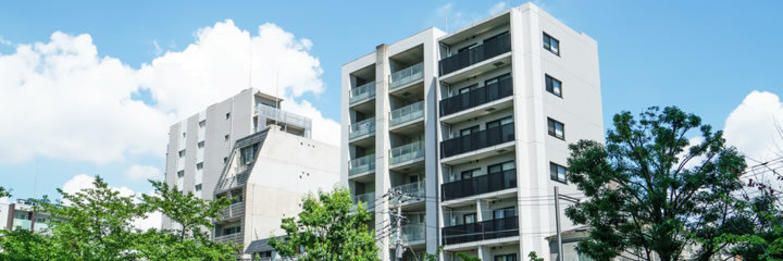FAQ regarding property choice
- Japanese real estate expertise

Apartment in the Tokyo central or in a regional city?
Maintenance and management costs for repairs, etc. are the same for buildings of the same size in both the central and regional cities. As a result, high rent settings are possible and areas with high demand will be city areas where population continues to increase. In other words, in the case of real estate investment which often manages in the long run, the Tokyo central is more advantageous than regional cities.
On the other hand, Gross yield in a regional city tend to be high because the price itself is cheaper than the Tokyo central.
What are the points to check the asset value of a property? Does the asset value go down?
The asset value of an apartment is determined by the relationship between supply and demand. The location, environment, accessibility and building grades are the determinants of demand. For properties with high rental demand, even if the building gets old, it can be maintained without much loss of asset value.
In addition, due to the ordinances governing one-room apartments led by local governments in the 23 wards of Tokyo in recent years, the supply of one-room apartments has decreased and the number of competing apartments has not increased. This has contributed to maintaining asset value as well.
What are the points to pay attention to?
Pay attention to changes in the surrounding environment in the future.
Even in a convenient and comfortable place to live now, it may change in the future. There is also a possibility that a high-rise apartment building will be built nearby and it will be less exposure to the sun or there may be a sex-related store.
Conversely, there may be greater convenience due to the preparation of public infrastructure and commercial facilities around the property. The surrounding development plans can be reviewed at the ward office or the city office. It is important to pay attention not only to the current environment but also to the future environment.
In case of an earthquake or disaster?
Fire insurance, earthquake insurance, housing comprehensive insurance and other insurances are available to deal with these problems.



